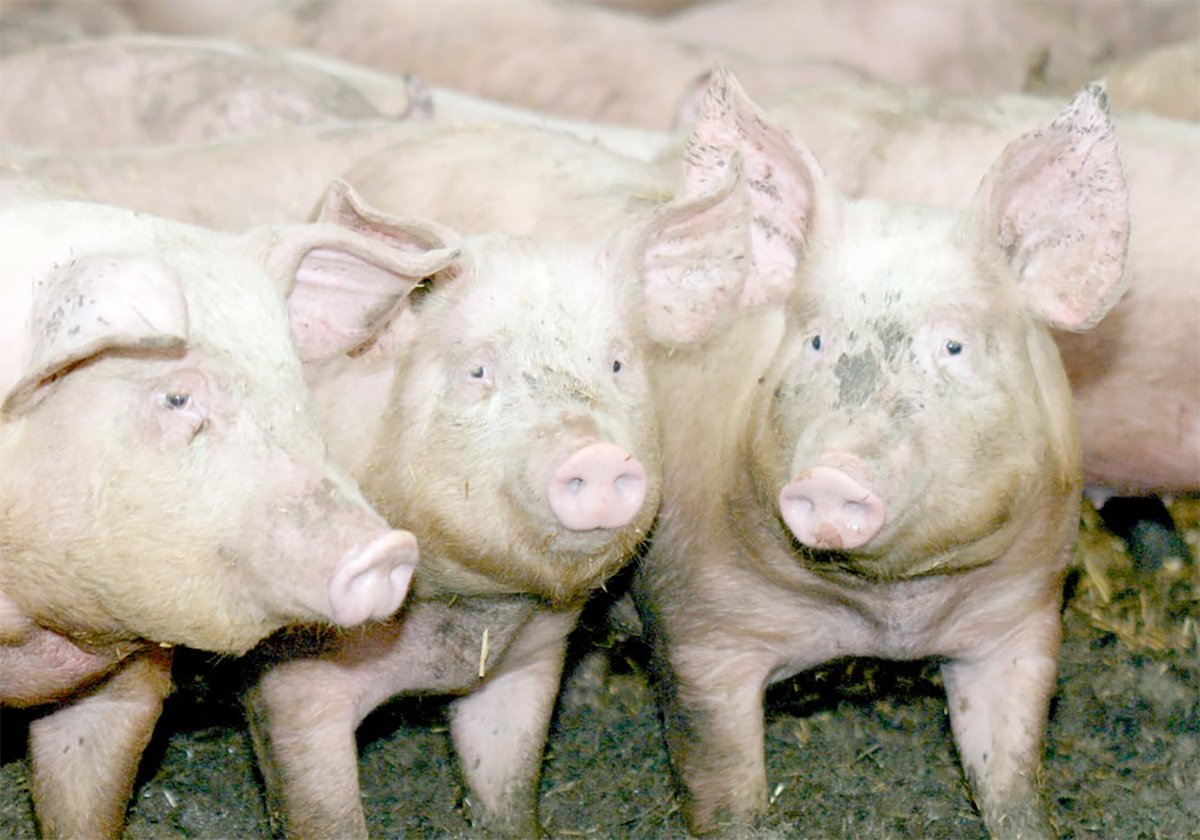The Saskatchewan Stock Growers Association had a rough ride last year but its executive believes the roughest spots are behind it, even if some board members are still saddle sore.
“In any well-functioning, democratic organization you are going to have times when your differences of opinion divide the group … and stressful times and change can bring those differences out,” said SSGA president Dennis Fuglerud.
A division within the SSGA over its governmental lobbying role and its relationship with the rest of the beef industry caused turmoil within the group earlier this year.
Read Also

The Western Producer Livestock Report – November 13, 2025
Western Producer Livestock Report for November 13, 2025. See U.S. & Canadian hog prices, Canadian bison & lamb market data and sales insights.
Producers were left to speculate about the future of the 94-year-old association after the late winter firing and reinstating of the SSGA’s general manager, the replacement of then president Fuglerud, the resignation of the second vice-president and the departure of a respected economist from a shared beef organization with provincial cattle feeders.
At the SSGA’s annual conference in June, board members emerged from an intense, closed door session unified over their lobbying direction.
Fuglerud was once again president, a new general manager would be sought and a resolution was passed to further examine how the SSGA could work more closely with the Saskatchewan Cattle Feeders Association (SCFA) to form a single voice for beef producers.
The SCFA, armed with a consultant’s report on the future of the Saskatchewan industry, had suggested there be just one beef producer association, to reduce duplication of lobbying and research efforts.
That concept worries cow-calf producers.
Orin Balas of Ponteix, Sask., replaced Fuglerud as president in the spring, until the summer membership meeting.
Balas said cow-calf producers need a strong voice to represent their interests to government.
“Yes, we share many of the issues of the beef industry in common with the packers and feeders, but when new costs come into the business they don’t pay for them. We do,” he said.
“We have to be certain that government makes no mistake about understanding where we stand on those issues.”
He said new costs related to expanded traceability are just one area where cow-calf producers’ costs are rising as a result of government and industry policy.
Balas said it can be difficult for primary producers to support new programs and regulations that benefit the beef business as a whole when they pay all the costs.
Brian Weedon, a former SSGA president who ranches near Swift Current, Sask., said cow-calf producers tend to be conservative.
“We’ve seen so much change in the past few years that it’s hard to adjust to for any of us. But this business is changing rapidly and we need to address those issues just as fast.”
Weedon said both sides of SSGA’s lobbying debate have been sincere in their desires to benefit the business.
“We’ve been able to produce cattle in relative anonymity until now. That’s coming to an end. Consumers are demanding to know about every aspect of our business and we’re not in a position to say butt out.”
Weedon said cow-calf producers need to maximize their influence over government and identify and create as many opportunities as possible for profit under the new regulations and programs. SSGA members cannot afford to be marginalized because they are seen to oppose changing business practices in the cattle industry.
“Just how we do that has been the issue,” he said.
Fuglerud said some members felt the SSGA had started working too closely with the federal Liberal and provincial NDP governments.
“We not only go to government to provide criticism of their policies, we go armed with suggestions about what should be done instead. These days they know who we are because we deal with them regularly,” he said.
This change in practice came in part from direction by the Canadian Cattlemen’s Association to intensify and co-ordinate efforts to lobby government.
“We made a decision to create closer relationships with government, no matter what party,” he said. “We also started speaking to opposition party members too.”
Board members say the divisions within the SSGA were partially caused by frustration with rising costs, a rising Canadian dollar, BSE related market losses, new costs and additional labour related to traceability and what appears to be a long-term increase in demand for feed grain.
Fuglerud said the group is moving on plans to improve lobbying efforts through combining its resources with those of other credible organizations in the cattle business.
At the same time, the board is improving its communication with the membership about its efforts. The SSGA is looking for a new general manager, while the Saskatchewan Beef Industry Committee, which it jointly runs with the SCFA, is looking for a new policy adviser.
“This fall we’ll likely be back in Ottawa (lobbying). After 94 years, we’re not going away.”














